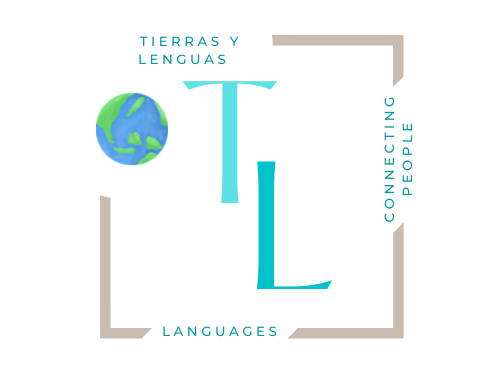“To have another language is to possess a second soul.” ‒ Charlemagne
When we think about languages in general we can often get fixated on the words and grammar that different languages use. However, a language is something much more than something that just comes out of your mouth. It is a blend of heritage, culture, tradition, interpersonal relationships and so much more.
That’s why learning a new language doesn’t simply open up new avenues for business or personal development, it transcends this and as the famous 8th century king Charlemagne it gives you a second soul, a new outlook on life.
There are words and phrases that simply cannot be expressed in English by Spanish speakers and vice versa. For example, rather than a quick 20-minute mealtime with the family as happens in England, the Spanish can sometimes sit for hours and ‘sobremesa’ – a term used to describe the action of talking with family and friends over the dinner table for extended periods. This is where culture and language fuse beautifully, and words arise that are fitting for that particular time which cannot be translated into English in the same way.
In like manner, the rapid spread of the English language has meant that many modern words simply don’t translate into Spanish, for example, a ‘spolier’ for a movie, a ‘carjacker’ stealing a vehicle, or even a ‘crush’ on a friend at school.

